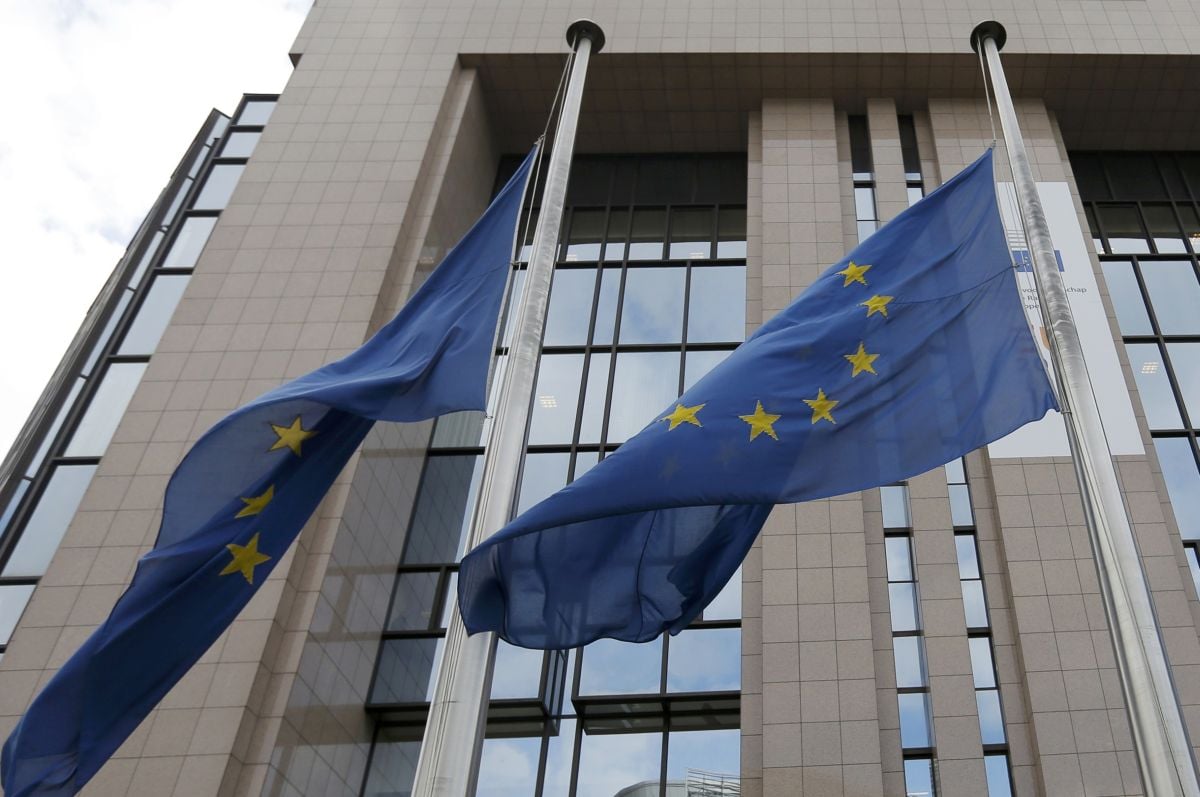
"European authorities have decided that in a few months, citizens of Ukraine will be able to travel to EU countries without visas. This decision has already been made. There is a consensus of all 28 EU member states. The visa-free regime will come into force in a few months. I cannot tell you an exact date, but the point at issue are legal formalities within the European Union itself," Mingarelli said during his visit to Kharkiv on Tuesday, December 13.
The ambassador stressed that a large number of the provisions of the EU-Ukraine Association Agreement are already being implemented. "Twenty-seven countries have already ratified the Association Agreement. Now the Dutch authorities are in contact with the EU leaders to find a solution to, what we call, the Dutch issue," he said.
Read alsoNetherlands succeeds in agreeing 3 out of 4 requirements on EU-Ukraine deal - sourceIn his words, a compromise with the government of the Netherlands may be found this week. "We are sure that this week, in the next two or three days, a solution will be found," he said.
On the one hand, this solution is expected to fully retain the current content of the Association Agreement, and, on the other hand, it will also take Dutch citizens' concerns into account, he added.
"We still do not know which conditions have been put forth. But you can be sure that the 27 EU member states that have ratified the Association Agreement will not agree to diluting the current provisions," the ambassador said.
As UNIAN reported earlier, should the inter-institutional negotiations on Ukraine's visa-free regime turn to be a success, the European Parliament may vote on this issue on February 1, 2017.
As the EU Delegation to Ukraine reported, Ambassador Mingarelli was on his first regional visit to Kharkiv on December 13. He met with Kharkiv Region Governor Yulia Svitlychna. Among the issues discussed were reforms, economic development, including investment climate and prospects of small and medium businesses. Other issues discussed were decentralization, Kharkiv's potential in the area of education and science and integration of internally displaced persons into the local community.
Mingarelli underlined that the EU would continue to support Kharkiv region through opening the EU markets, financial support, facilitating contacts and sharing experience.

